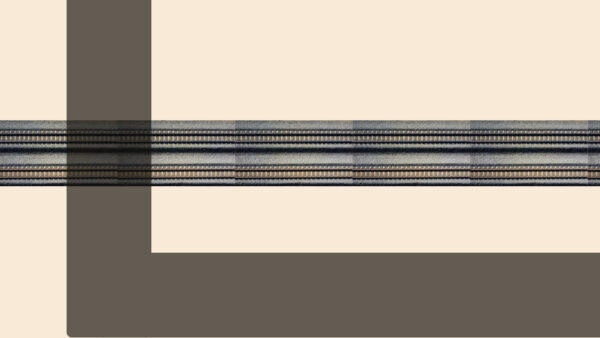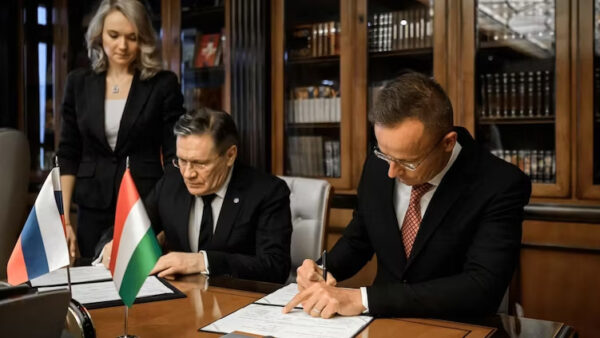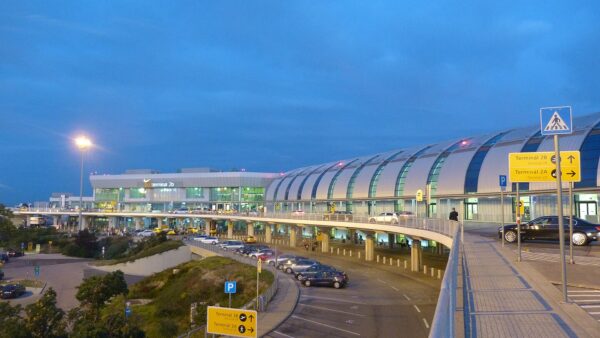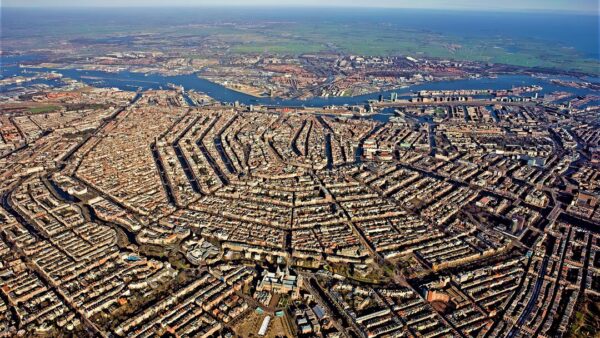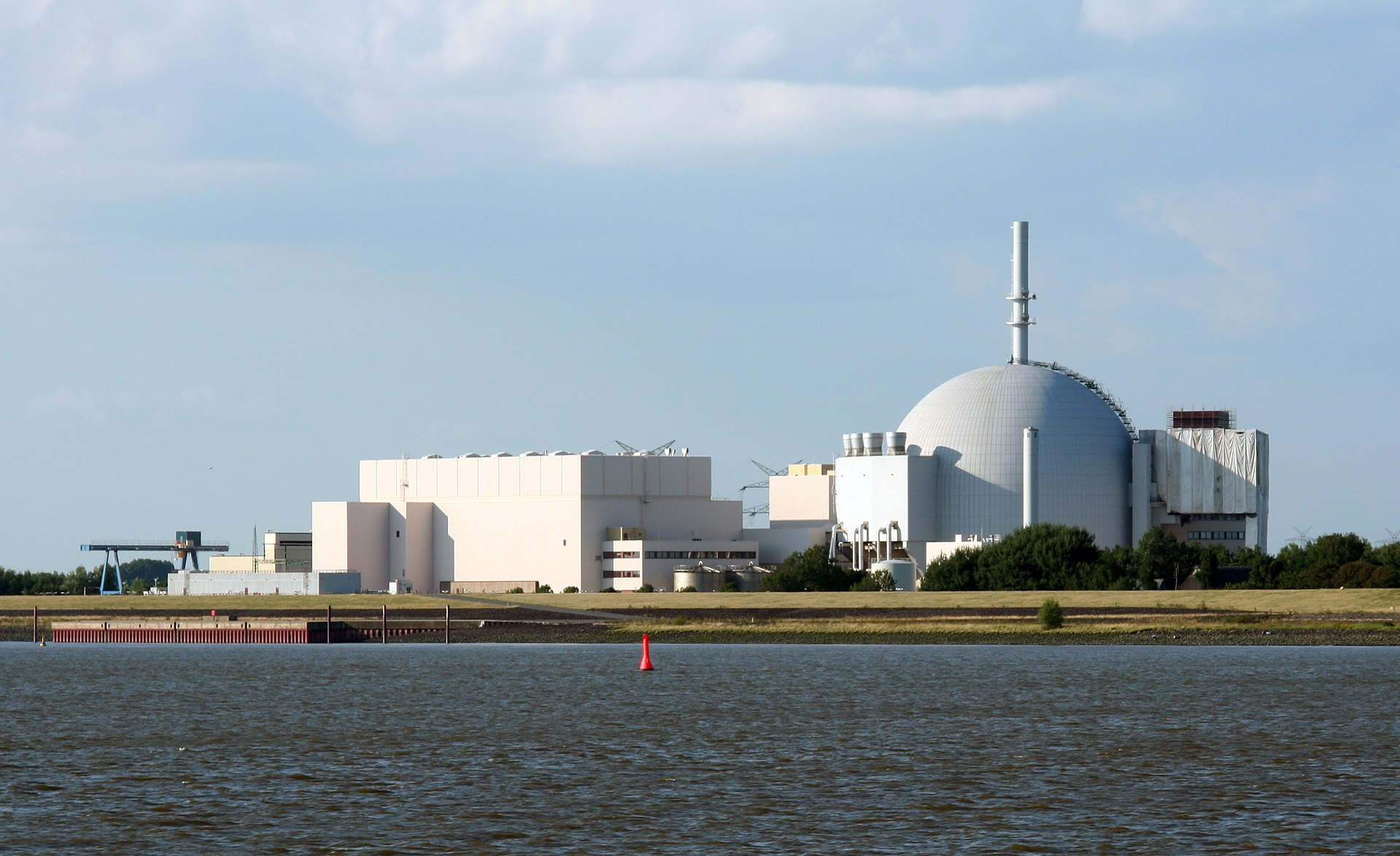
Germany has shut down three of its six nuclear plants a year before its deadline for withdrawing from atomic power.
The plants, built in the 1980s and shut down on New Year’s Eve, are at Brokdorf on the River Elbe near Hamburg, Grohnde, 40km south of Hannover, and at Gundremmingen, 80km west of Munich. Together with the remaining three stations, they supplied around 12% of the country’s electricity.
Germany’s decision to end its nuclear industry was taken by the government of Gerhard Schroeder in 2002. Angela Merkel reversed this decision when she took over in 2005, but then reversed her reversal after the 2011 Fukushima disaster in Japan.
The reactors, which were operated by utilities E.ON and RWE. Guido Knott, chief executive of E.ON subsidiary Preussen Elektra, which ran Brokdorf and Grohnde, thanked staff for their work over the years. He said: “We have made a decisive contribution to the secure, climate-friendly and reliable supply of electricity in Germany for decades.”
Germany aims to expand wind and solar in order to meet 80% of its power from renewable sources by 2030. This is part of its commitment to reach carbon neutrality by 2045, five years ahead of most other European countries.
The three remaining plants are at Isar in Bavaria, Emsland in Saxony and Neckarwestheim in Baden-Württemberg. They will be turned off by the end of the year.
Further reading:


